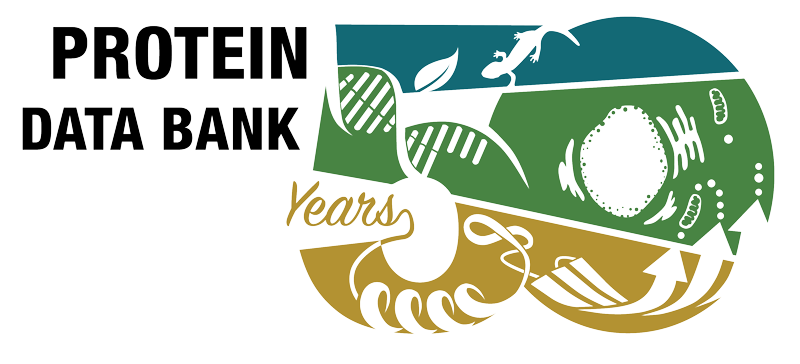Abstract
Novel small molecules were synthesized and evaluated as retinoic acid receptor-related orphan receptor-gamma t (RORγt) inverse agonists for the treatment of inflammatory and autoimmune diseases. A hit compound, 1, was discovered by high-throughput screening of our compound library. The structure-activity relationship (SAR) study of compound 1 showed that the introduction of a chlorine group at the 3-position of 4-cyanophenyl moiety increased the potency and a 3-methylpentane-1,5-diamide linker is favorable for the activity. The carbazole moiety of 1 was also optimized; a quinazolinedione derivative 18i suppressed the increase of IL-17A mRNA level in the lymph node of a rat model of experimental autoimmune encephalomyelitis (EAE) upon oral administration. These results indicate that the novel quinazolinedione derivatives have great potential as orally available small-molecule RORγt inverse agonists for the treatment of Th17-driven autoimmune diseases. A U-shaped bioactive conformation of this chemotype with RORγt protein was also observed.



 PMID:
PMID: 